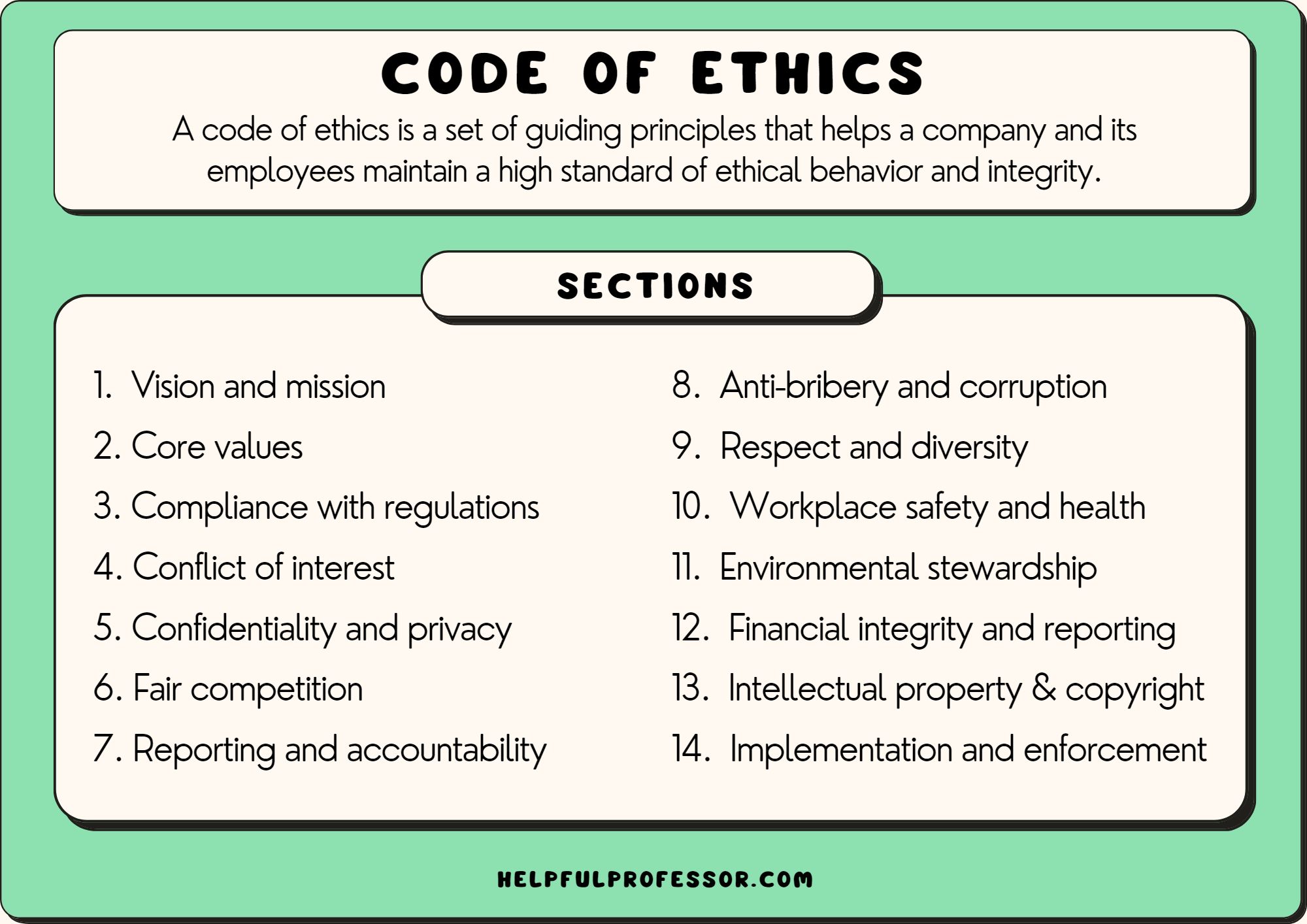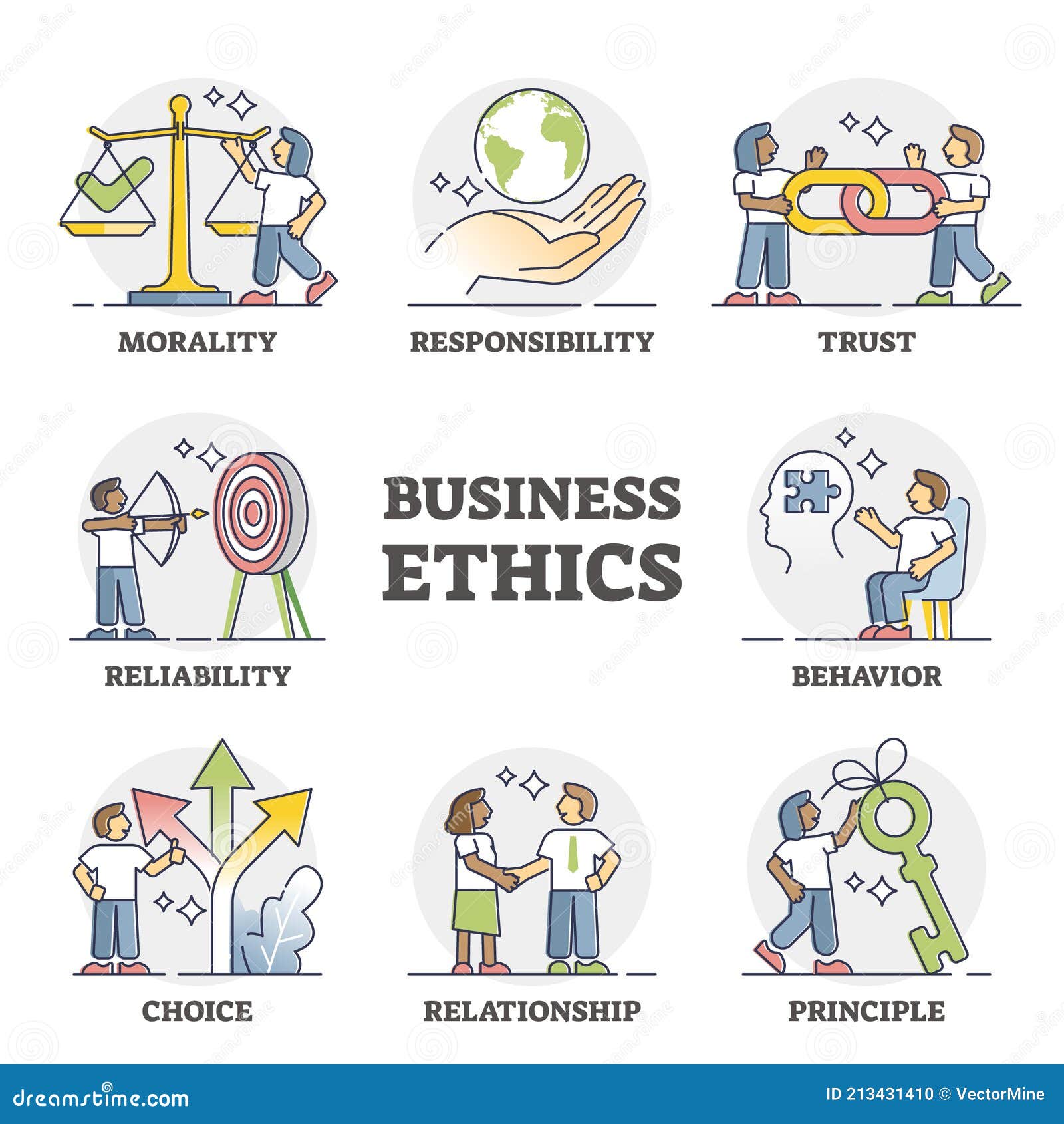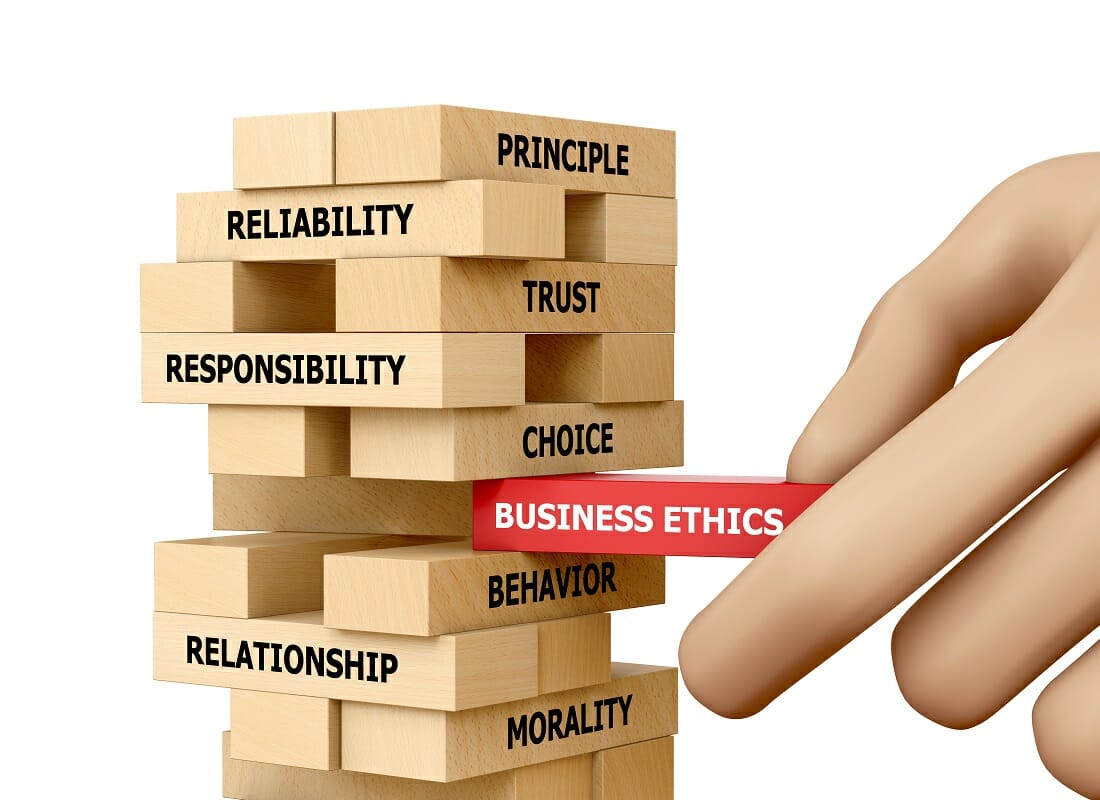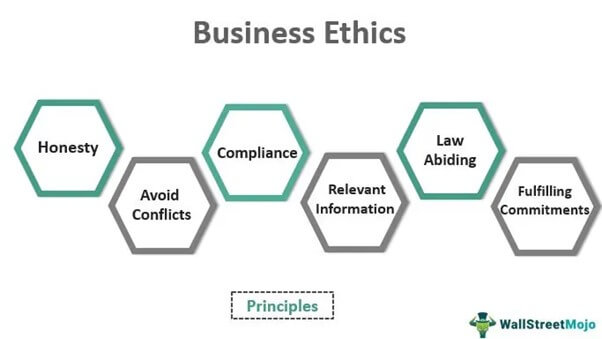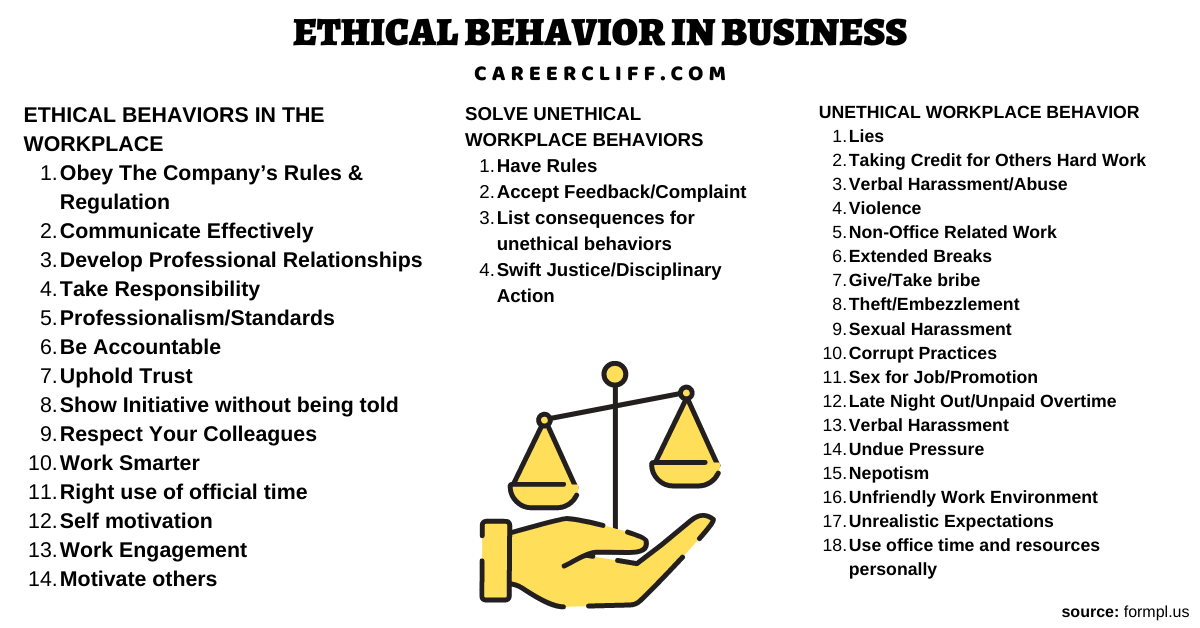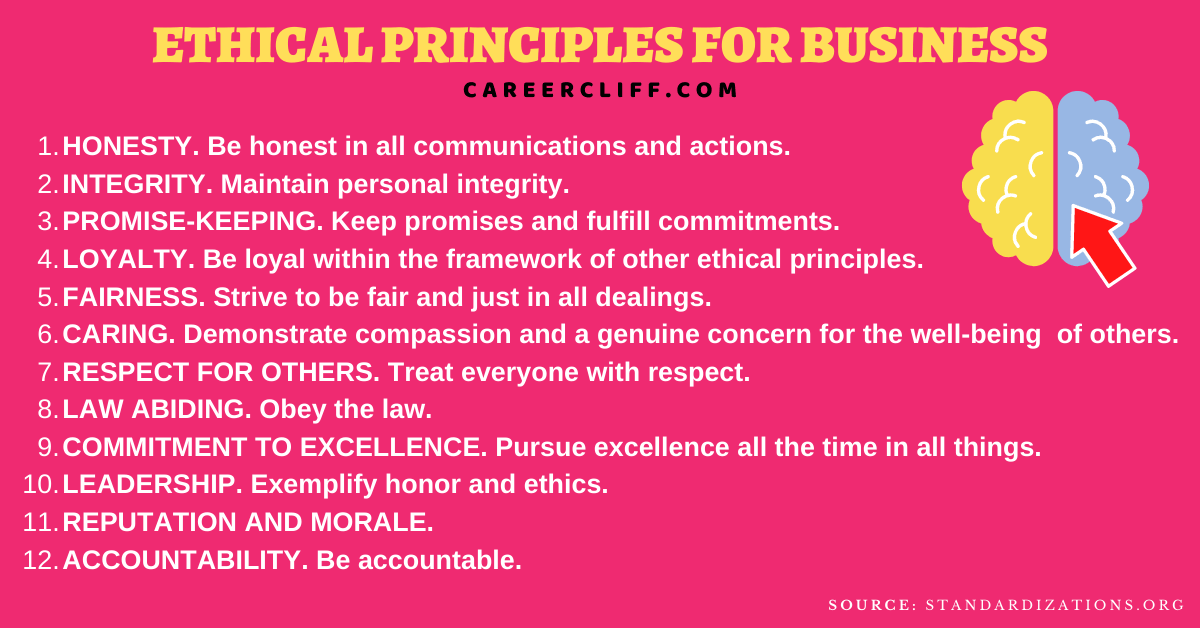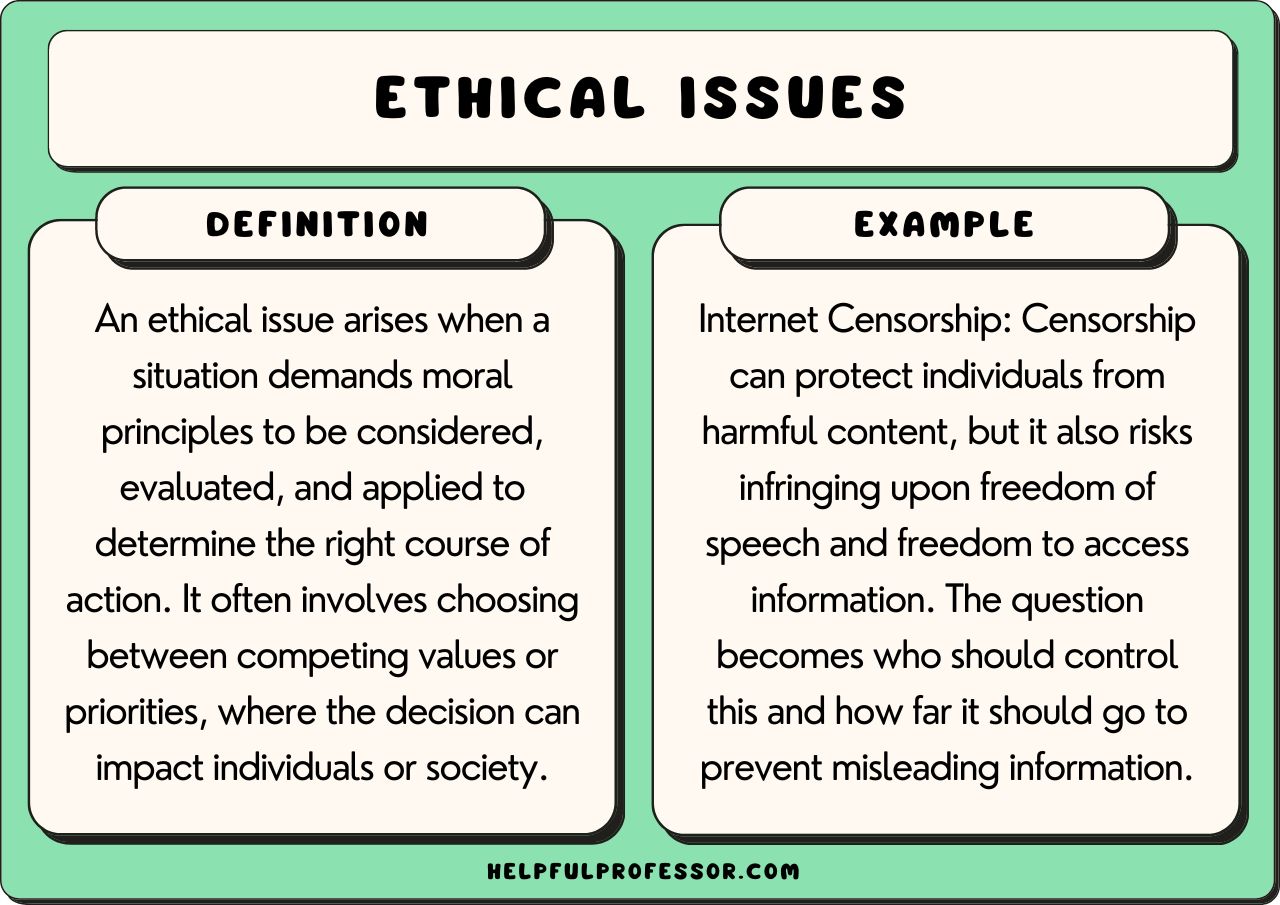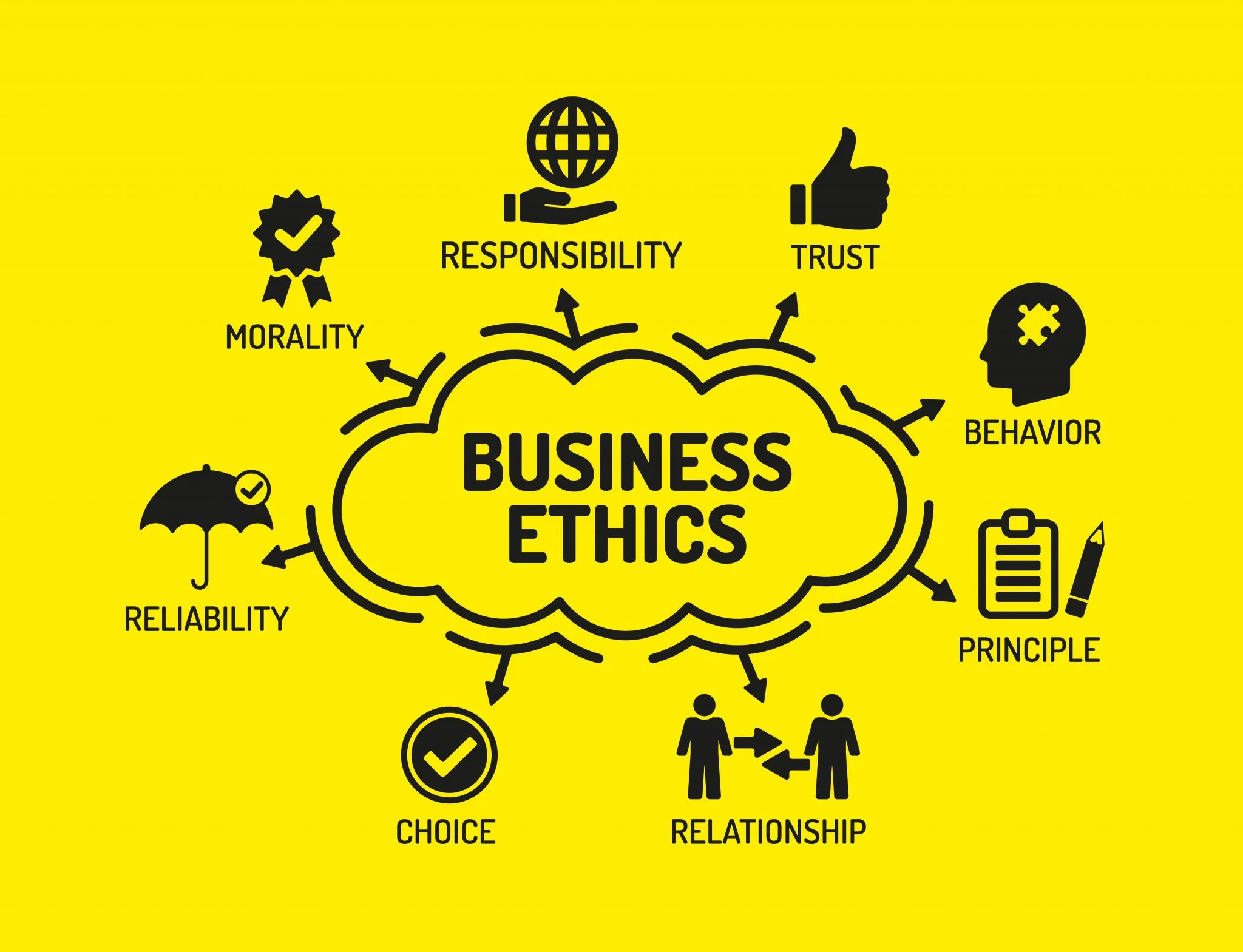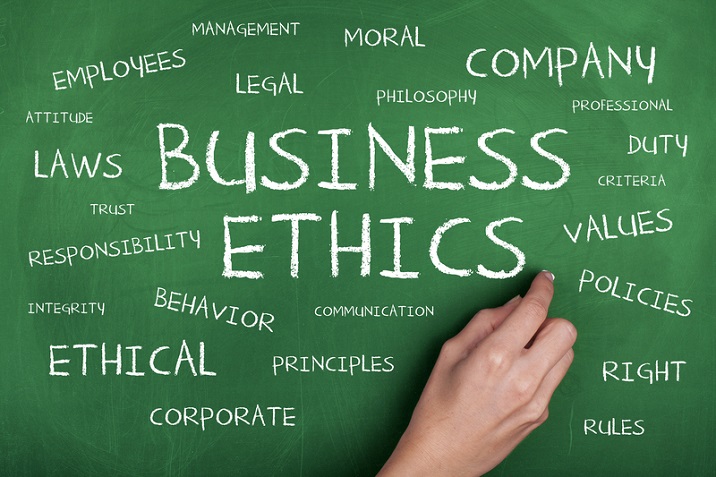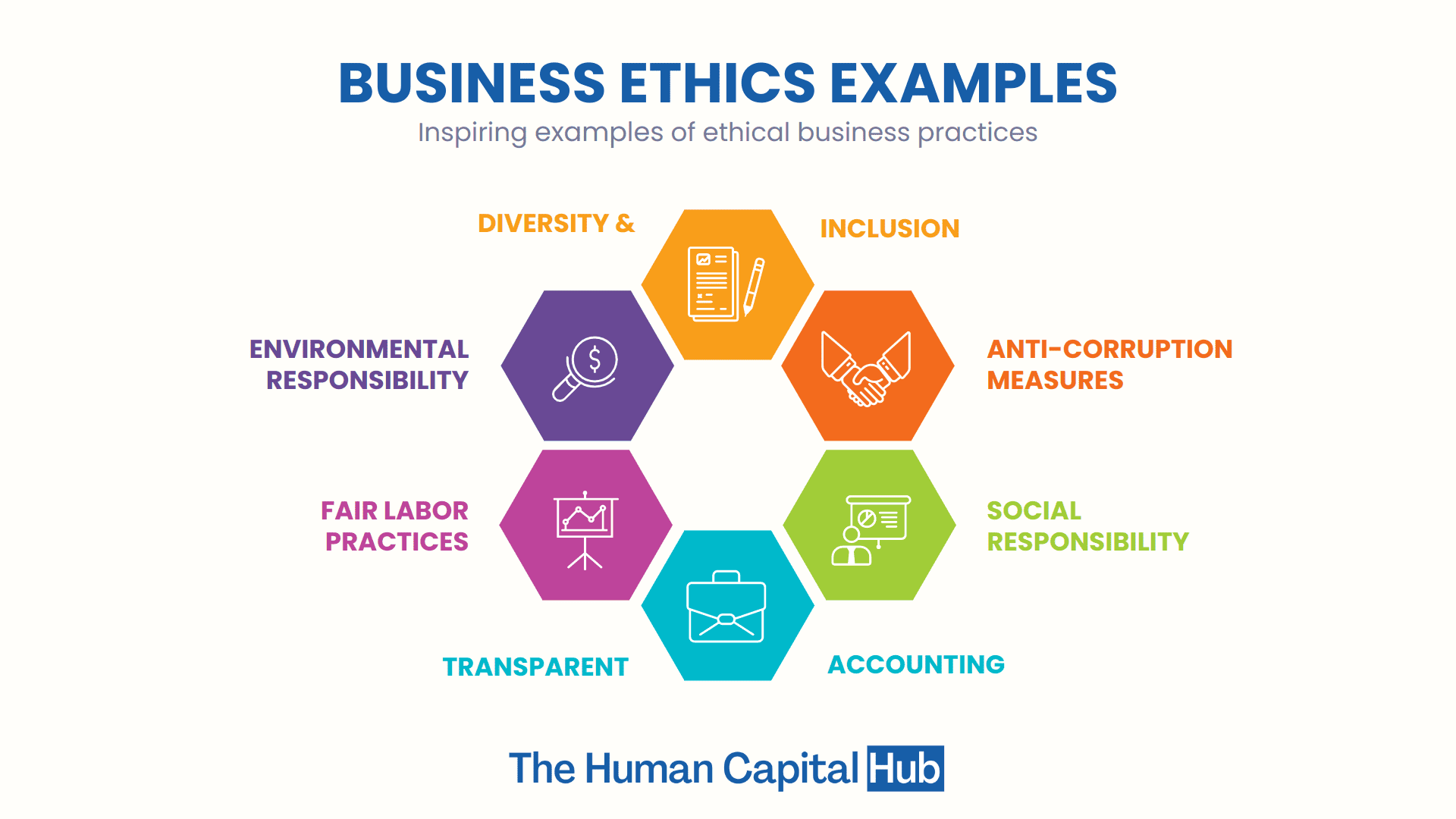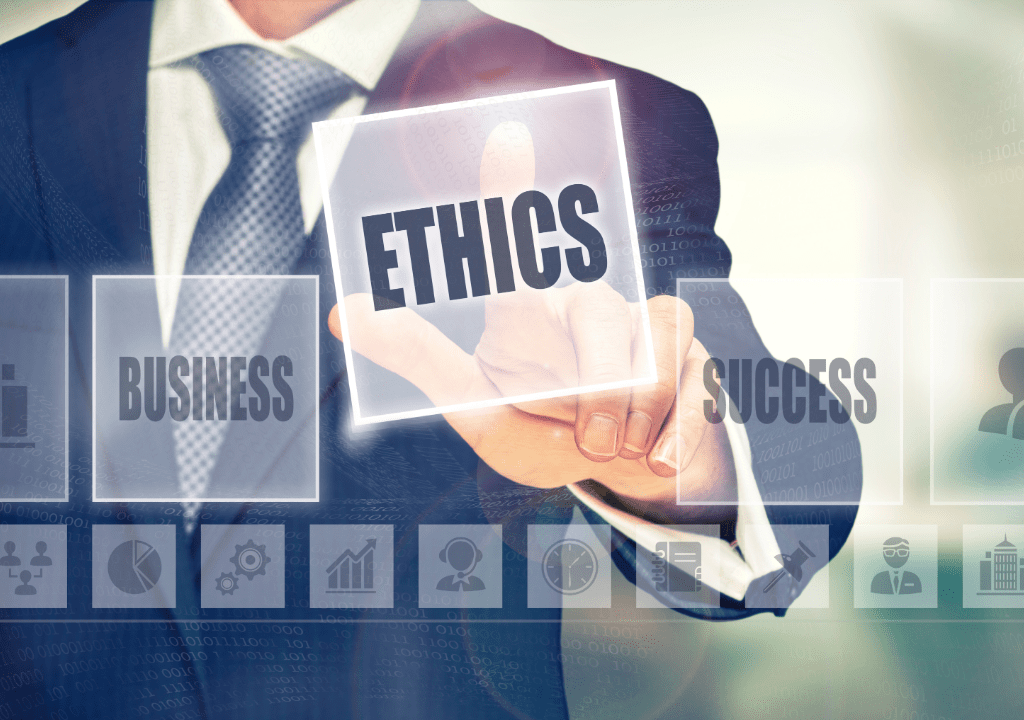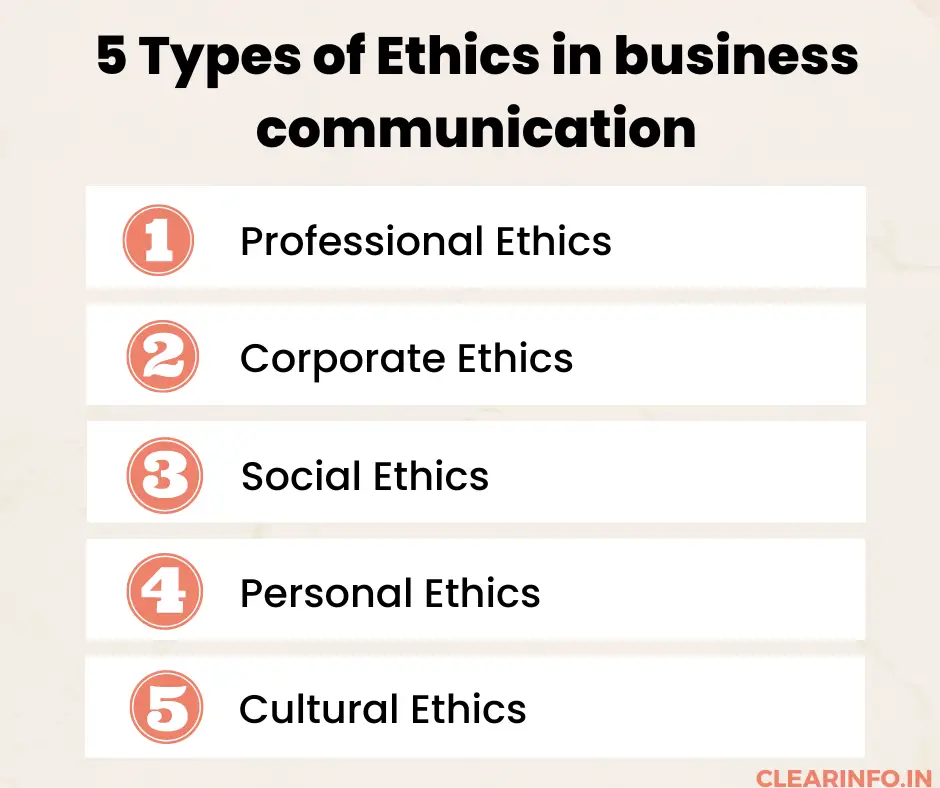Examples Of Ethical Practices In Business

In an era increasingly defined by corporate social responsibility, the concept of ethical business practices has moved from a fringe ideal to a core tenet of sustainable success. Companies are now being scrutinized more closely than ever before, not just for their financial performance, but for their commitment to ethical conduct across all operations.
This article explores several concrete examples of businesses that are demonstrating ethical leadership, setting a benchmark for others to follow. We will examine specific initiatives and policies these companies have implemented, detailing their impact on stakeholders, communities, and the environment. These examples offer valuable insights into how ethical practices can be integrated into diverse business models, contributing to a more just and sustainable global economy.
Fair Labor Practices: Beyond Compliance
One of the most prominent areas where ethical practices are essential is in labor. Companies like Patagonia have long championed fair labor standards. They go beyond simply adhering to legal requirements, actively working to ensure safe working conditions, fair wages, and opportunities for advancement for all employees throughout their supply chain.
Patagonia conducts regular audits of its suppliers, identifying and addressing issues like forced labor and unsafe working environments. The company also invests in worker empowerment programs, giving employees a voice in their workplaces and enabling them to advocate for better conditions. This dedication has earned them significant consumer loyalty and respect within the industry.
Another noteworthy example is Dr. Bronner's, a family-owned soap company known for its commitment to fair trade. They source ingredients from farmers and producers around the world, paying fair prices and providing long-term contracts. This support helps these communities build sustainable livelihoods and break the cycle of poverty.
Environmental Stewardship: Protecting the Planet
Environmental sustainability is another critical area where ethical businesses are making a difference. Unilever, a global consumer goods company, has set ambitious targets for reducing its environmental footprint.
Unilever's Sustainable Living Plan aims to decouple its growth from its environmental impact, reducing greenhouse gas emissions, water usage, and waste across its value chain. The company is also committed to sourcing raw materials sustainably, working with farmers and suppliers to promote responsible agricultural practices. This plan has not only reduced environmental impact but has also driven innovation and cost savings within the company.
Interface, a global flooring manufacturer, exemplifies a commitment to circular economy principles. They have pioneered the development of modular carpet tiles made from recycled materials, reducing waste and minimizing their reliance on virgin resources. Interface also runs a take-back program, allowing customers to return used carpet tiles for recycling, further closing the loop and promoting a circular economy.
Transparent Governance: Building Trust
Ethical business practices extend to corporate governance and transparency. Companies that prioritize ethical governance are committed to accountability, integrity, and fairness in their decision-making processes. This builds trust with stakeholders, including investors, employees, and customers.
Etsy, the online marketplace for handmade and vintage goods, provides a strong example of transparent governance. They publish detailed information about their environmental and social impact, including data on their carbon footprint, employee diversity, and community investment. This transparency allows stakeholders to hold Etsy accountable and track its progress over time.
Ben & Jerry's, the ice cream company, has a long history of ethical activism and transparent business practices. They are committed to using sustainably sourced ingredients, supporting fair trade initiatives, and advocating for social justice. They openly communicate about their values and commitments, fostering a strong sense of trust and connection with their customers.
The Impact of Ethical Practices
The examples highlighted demonstrate that ethical business practices are not just a feel-good concept. They can drive innovation, attract and retain talent, build brand loyalty, and ultimately contribute to a more sustainable and equitable world.
Consumers are increasingly demanding that companies operate ethically, and they are willing to reward businesses that align with their values. Investors are also recognizing the long-term value of ethical companies, as they are often better positioned to manage risks and capitalize on new opportunities.
By embracing ethical practices, businesses can create a virtuous cycle of positive impact, benefiting not only themselves but also the wider society and the planet. The companies mentioned serves as a model for other businesses that strive to do well by doing good.
